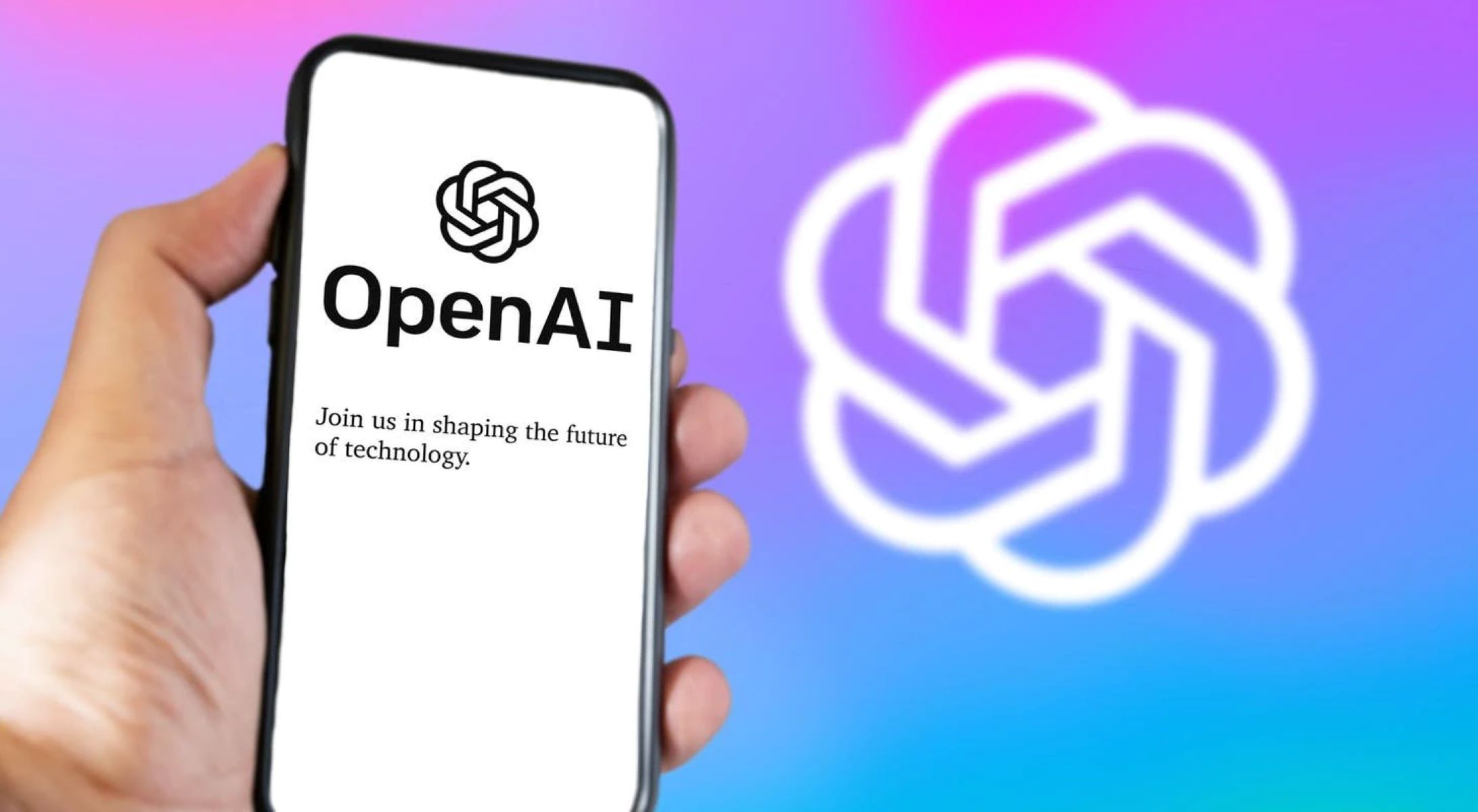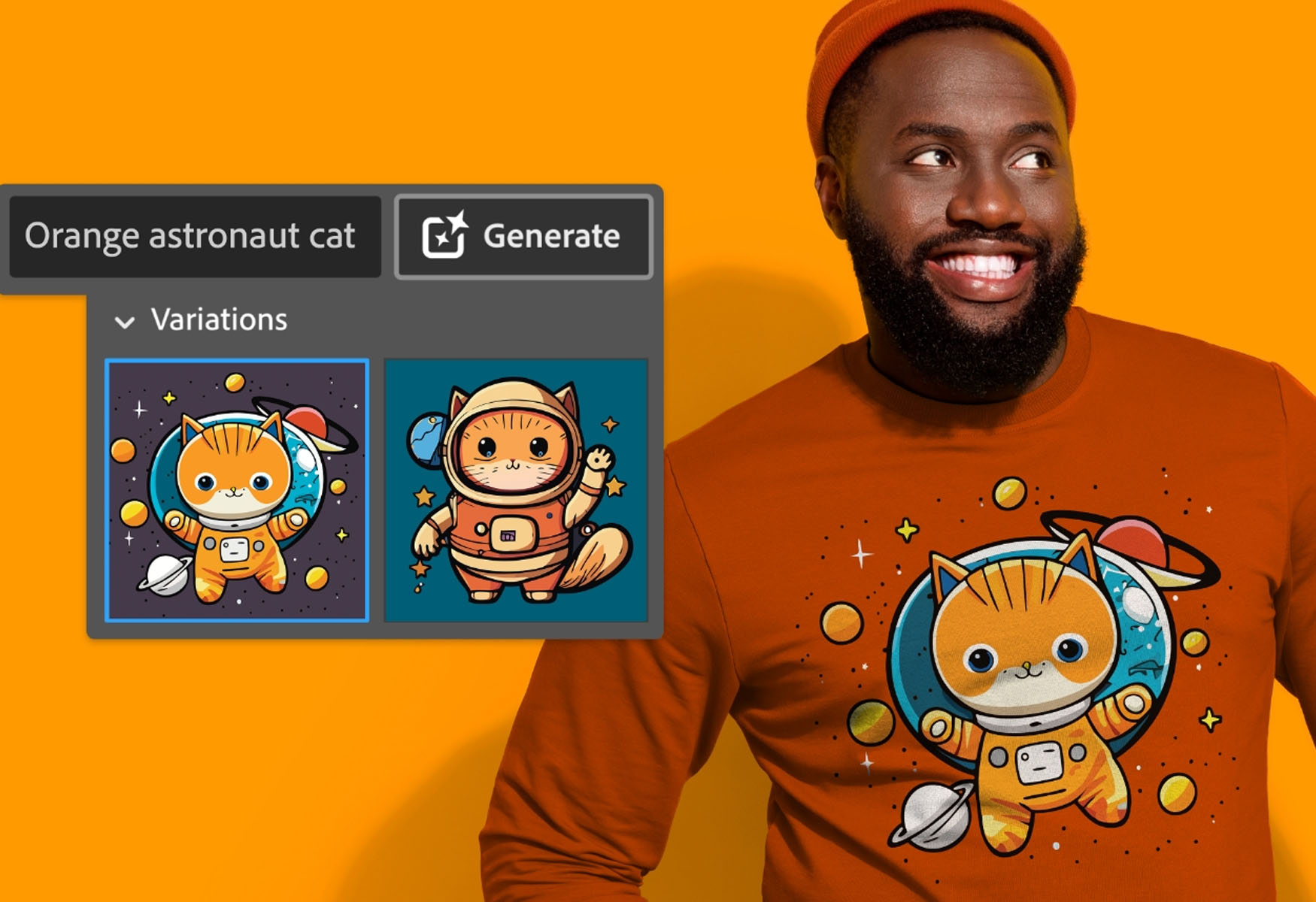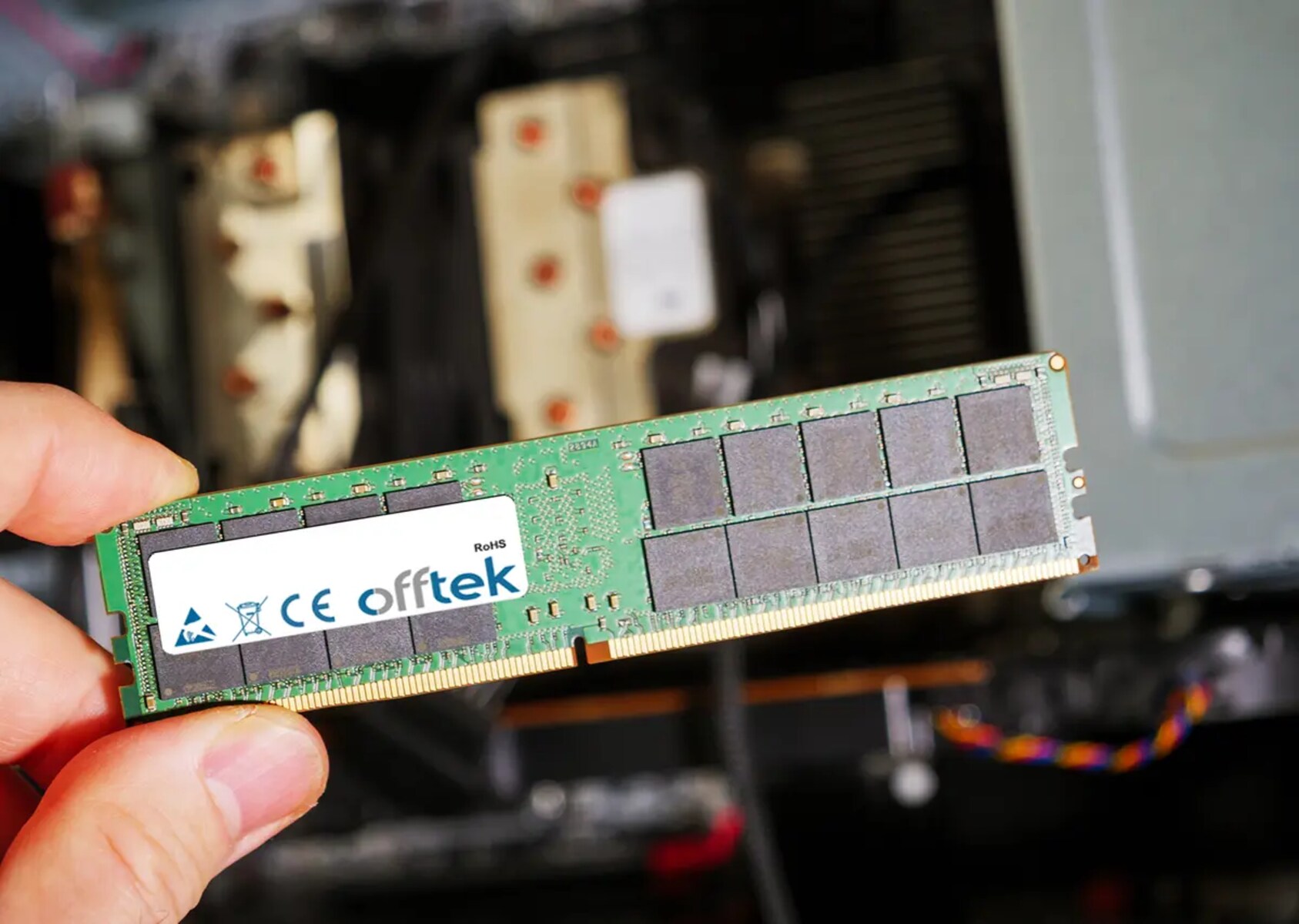Artists have long struggled to protect their work from being used to train AI models without their consent. However, a new project called Nightshade, developed by the University of Chicago, is offering a potential solution to this ongoing battle.
Key Takeaway
Nightshade, a project from the University of Chicago, aims to empower artists by disrupting AI model training through the “poisoning” of image data, offering a means for content creators to protect their work.
The Battle for Artist Protection
Nightshade, led by computer science professor Ben Zhao, aims to disrupt AI model training by “poisoning” image data, rendering it useless or disruptive to the training process. This approach provides content creators with a means to push back against unauthorized use of their work for AI model training.
Understanding Nightshade’s Impact
Nightshade targets the associations between text prompts, subtly changing the pixels in images to deceive AI models into interpreting entirely different images than what a human viewer would perceive. This disruptive approach can have a significant impact on the training process, with even a small number of “poisoned” samples capable of corrupting AI model prompts.
Protecting Artistic Integrity
Artists such as Kelly McKernan have expressed the need for protective measures like Nightshade, especially in the face of widespread unauthorized use of their work for AI model training. Nightshade, along with the Glaze tool, offers artists a way to safeguard their creations from being exploited without their consent.
The Future of Artist Protection
As the debate around Nightshade continues, it’s clear that the project has sparked important conversations about the ethical use of AI and the rights of content creators. With ongoing developments in this space, artists may find new avenues to protect their work and ensure fair compensation for their contributions to AI model training.
























